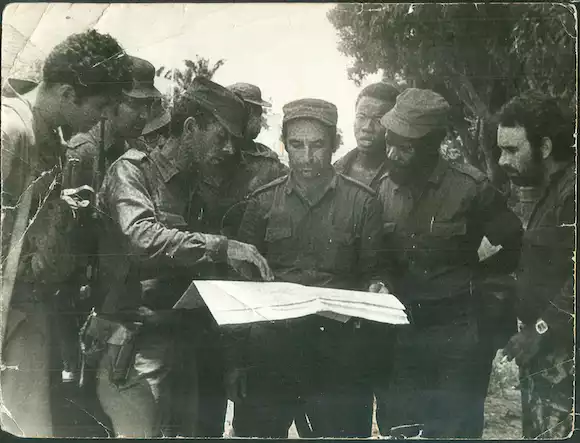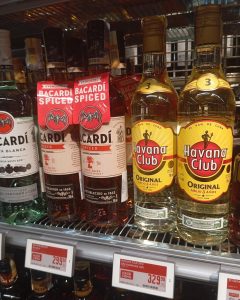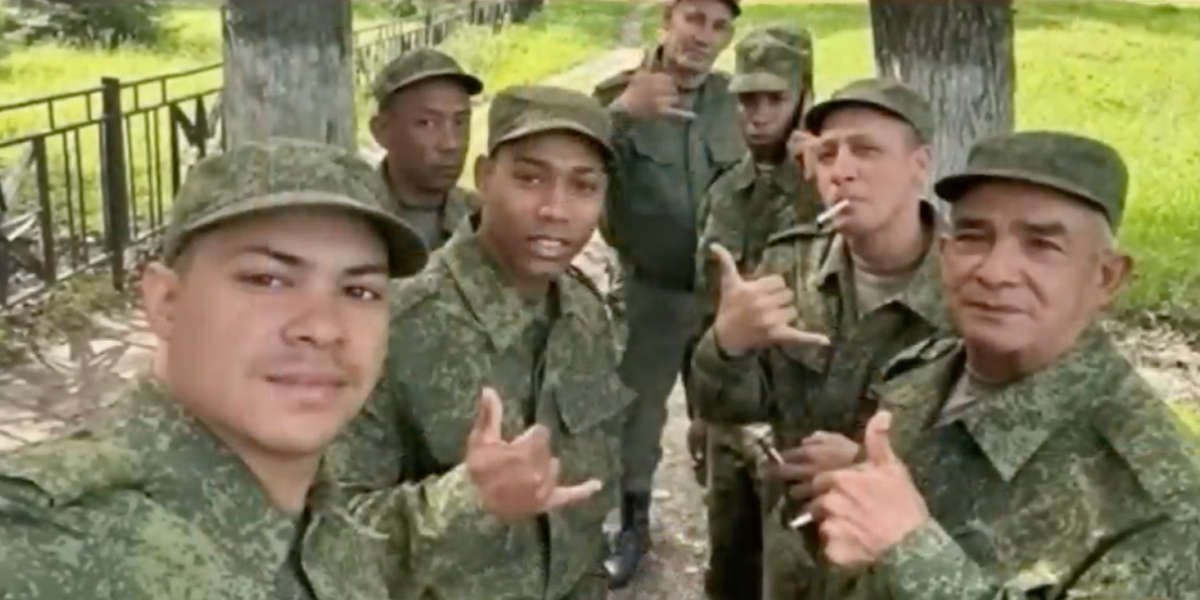Cuban Mercenaries in Ukraine: Europe’s Hypocrisy
Cuba’s mercenaries return
History is repeating itself: Cuban mercenaries in Ukraine reveal how Havana once again trades the lives of its youth for Moscow’s war. They reappear on the world stage, deployed to the frontlines, used as cannon fodder in a conflict that does not belong to Cuba.
The 1980s precedent in Africa

In the 1980s, thousands of young Cubans were sent as mercenaries to Africa, particularly Angola and Congo. From the very start of the revolution, Havana exported fighters under the banner of “solidarity” and “proletarian internationalism.” Many were barely 16 years old, forced to die in foreign wars.
The new front: Cuban mercenaries in Ukraine
Decades later, after mourning thousands of families, the regime dares once again to export cannon fodder. This time the destination is Ukraine, where Russia helps Havana remain in power with minor economic concessions that do nothing to relieve the Cuban people, trapped in misery after more than six decades of dictatorship.
Europe looks the other way
Meanwhile, Europe maintains diplomatic and commercial relations with Havana and largely ignores its role in Russia’s war. Europe imports Cuban rum —such as Havana Club, produced with French company Pernod Ricard— and tobacco, non-essential goods that provide vital hard currency to the regime. At the same time, Cuban-American brands like Bacardí circulate in the same markets, creating confusion and contradiction. CiberCuba has reported extensively on this contradiction.
Rum for Europe, blood for Ukraine

In European supermarkets, bottles of Havana Club and Bacardí rum line the shelves. While Cuban youths are sent as mercenaries to die in Ukraine, Europe consumes Cuban rum as if nothing were happening. The irony is stark: Europe imports luxury goods while ignoring the human cost that sustains this trade.
The European double standard
Europe refuses to condemn these blatant violations of international law or to sever ties with a regime that exports terrorism and is listed by the U.S. as a State Sponsor of Terrorism. The hypocrisy is evident: while the EU imposes sanctions on Russia, it grants Havana political and economic privileges without hesitation.
Evidence from Ukraine
The list of Cubans killed in Ukraine has been published by Ukrainian and Cuban media, including Diario de Cuba.
Opposition leader Orlando Gutiérrez Boronat, founder of the Cuban Democratic Directorate and a frequent visitor to Ukraine, denounced on Juan Manuel Cao Live that more than 20,000 Cubans may be serving in the Russian army (an estimate still under verification).
The Ukrainian army released a list of at least 39 confirmed Cuban deaths, while estimating the true number to be much higher. Ukraine also claims to have captured three Cuban mercenaries in Ukraine.
Testimonies from the captured
On his YouTube channel, journalist Juan Manuel Cao shared testimonies from Cuban prisoners who described being forced onto the frontlines. They recounted watching their comrades die, surviving only by chance, and issued a direct warning: “Do not let yourselves be recruited, it is a trap.”
Special troops and age ranges
Boronat also denounced that Cuba sent not only mercenaries but also special troops. Among the dead are men aged 58 and 65, believed to be official military advisers. Ukrainian forces recovered Cuban passports revealing ages from 18 to 45. Ukrainian intelligence estimates that between 5,000 and 7,000 Cubans are fighting at the front, with as many as 20,000 in advisory roles.
Women on the front and official silence
Ukrainian authorities presented evidence that women are also among the Cuban mercenaries in Ukraine. Neither Moscow nor Havana acknowledges their presence, dismissing the disappeared as “non-existent” to avoid paying compensation to families.
Europe funds, Cuba pays in blood
Boronat warned that the European Union, through cooperation agreements and even direct funding from Paris, is transferring millions to Havana — while the regime pays back with soldiers for Moscow. Ukrainian officials pledged to ask the Council of Europe to designate Cuba as a terrorist state for its active participation in the war.
The U.S. reaction
Congressmen Mario Díaz-Balart and María Elvira Salazar denounced that many European states continue financing the Cuban regime through debt forgiveness and credit extensions. They highlighted the contradiction: Europe asks the U.S. for weapons and money to sustain Ukraine, while legitimizing Havana through the 2016 Political Dialogue and Cooperation Agreement.
Conclusion: Europe’s incoherence
Europe exposes its double standard: sanctioning Russia while oxygenating its Caribbean ally. Thousands of Cuban mercenaries in Ukraine die for a foreign cause, while the EU drinks Cuban rum and signs trade deals with a dictatorship listed as a sponsor of terrorism. This is not only hypocrisy; it is a contradiction that strengthens the very war machine Europe claims to fight.
